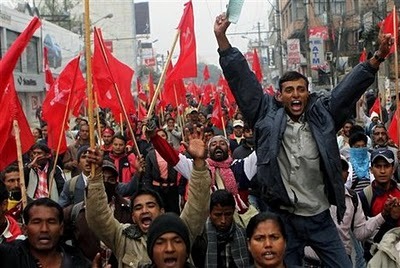Nepal’s journey to democracy raised hopes for justice, fairness, and opportunity. But today, a new threat is rising—not from violence, but from crony capitalism. This system, rooted in corruption and favoritism, is weakening the nation’s democratic values and institutions.
Power is now often used for private gain instead of public service. Political leaders distribute favors, reward loyalists, and protect select interests. This trend fuels injustice, inequality, and frustration among citizens.
Everyday corruption is common. People must often pay bribes to access simple government services like getting a license or registering land. Such behavior is routine, with even low-level officials expecting extra payments. Bigger scandals—like irregularities in airport projects and human trafficking cases—show how deep the problem goes.
Nepal’s system of public appointments is also broken. Jobs, contracts, and permits are given based on political ties, not skills. This hurts motivated youth and skilled professionals. It discourages innovation and weakens institutions.
Laws and rules are often changed to help business elites with political connections. They benefit from tax breaks and monopolies while others struggle. Policies now serve a few, not the public.
Government projects suffer from delays, inflated costs, and poor quality. Contracts are handed out without fair bidding. This wastes public money and fails to meet people’s needs. Contractors and politicians often benefit the most.
Even banks and cooperatives are misused. Politicians and their allies control these institutions, using them to move illegal money or issue risky loans. This puts both depositors and the wider economy at risk.
As a result, real businesses can’t compete. The gap between rich and poor is growing. People are losing faith in the system. Institutions meant to ensure fairness—like the anti-corruption agency, judiciary, and police—are often silent or powerless.
Fixing this issue requires real change. Laws must be stricter, and public spending more open. Political influence must be removed from key institutions. Campaign finances need clear rules. Journalists and whistleblowers must be safe. Leaders must act with honesty.
Citizens also have a role. They must stay involved, ask questions, and push for fairness. Voting is just the start—democracy needs daily action.
Nepal’s future depends on stopping crony capitalism. Democracy must stay a tool for public good, not private profit. The country’s hard-earned progress is at stake.


